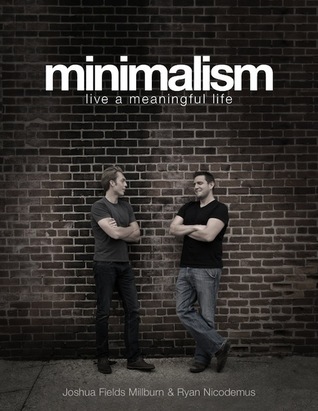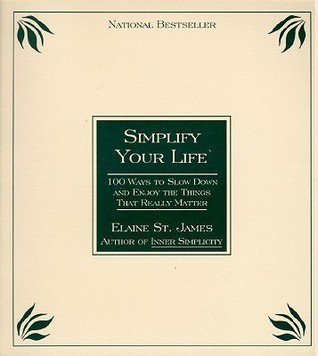
Minimalism: Live a Meaningful Life
Book Description
Are you drowning in a sea of possessions and obligations? Discover a revolutionary blueprint for reclaiming your life and finding true fulfillment. **Minimalism: Live a Meaningful Life** exposes the transformative power of living with less, urging you to cut through the noise and focus on what truly matters. With gripping insights and compelling stories, it illustrates how shedding excess can illuminate purpose, deepen connections, and spark joy in a chaotic world. This journey is more than decluttering; it's a profound shift towards authenticity. What if the key to happiness lies in letting go?
Quick Book Summary
"Minimalism: Live a Meaningful Life" by Joshua Fields Millburn explores how embracing minimalism can lead to greater fulfillment, clarity, and happiness. Drawing from personal experience, Millburn argues that decluttering one's physical possessions is just the beginning; the true essence of minimalism involves intentionally focusing on what truly adds value to your life. The book presents a practical guide for shifting one’s mindset from material acquisition to personal growth, meaningful relationships, and purposeful living. Through compelling anecdotes and actionable advice, Millburn demonstrates how stripping away the excess—both tangible and intangible—creates space for joy, self-awareness, and deep connection. This is more than a guide to organized closets; it’s an invitation to radically redefine success and happiness by letting go of what doesn’t serve us.
Summary of Key Ideas
Table of Contents
Letting Go of Excess to Find Freedom
The book opens with the authors’ personal narratives, revealing how their pursuit of material wealth and social status left them feeling empty and unfulfilled. Millburn recounts his journey from a consumer-driven life to one of intentional simplicity, highlighting the stress and dissatisfaction bred by excess. He emphasizes that minimalism is not simply about owning fewer things, but about questioning every aspect of life to determine what truly adds value. The process begins with letting go—of possessions, negative thought patterns, and external expectations—to make room for what matters most.
Intentional Living and Value-Based Choices
A central theme is the shift from mindless accumulation to intentional living. The authors outline how society promotes the myth that happiness is found in more—more possessions, more achievements, more status. Contrarily, Millburn illustrates the freedom and clarity that come from reducing life’s clutter. By setting clear priorities, readers are encouraged to invest their time and energy in pursuits that align with their values. Minimalism, in this context, is a continual practice of editing one’s life to stay focused on the essentials.
Building Deep Connections and Relationships
Interpersonal relationships receive significant attention in the text. Millburn argues that quality relationships are among the most meaningful contributors to happiness. The book offers practical advice on strengthening ties by being present, expressing gratitude, and discarding toxic dynamics. By removing distractions and superficial commitments, minimalism makes space for authenticity and deeper connection, enabling individuals to nurture bonds that enrich rather than drain.
Personal Growth Through Minimalism
Personal growth is portrayed as both a motivation for and a reward of minimalism. The authors stress that by simplifying life’s external circumstances, individuals can turn inward, encouraging self-reflection and personal development. Through minimalism, readers are invited to confront their beliefs, break unhealthy habits, and pursue lifelong learning. The process naturally leads to a greater sense of autonomy and purpose as the noise of modern life fades, allowing for heightened self-awareness.
Redefining Success and Happiness
Finally, the book challenges conventional ideas of success and happiness. Rather than measuring achievement by material acquisition or societal approval, Millburn advocates for an inner standard—happiness defined by meaning, presence, and alignment with one’s values. Minimalism becomes a tool for empowerment, enabling readers to cultivate a life that is abundant in purpose rather than possessions. The book concludes by urging readers to embrace change and trust that true fulfillment is possible when we courageously let go.
Download This Summary
Get a free PDF of this summary instantly — no email required.





